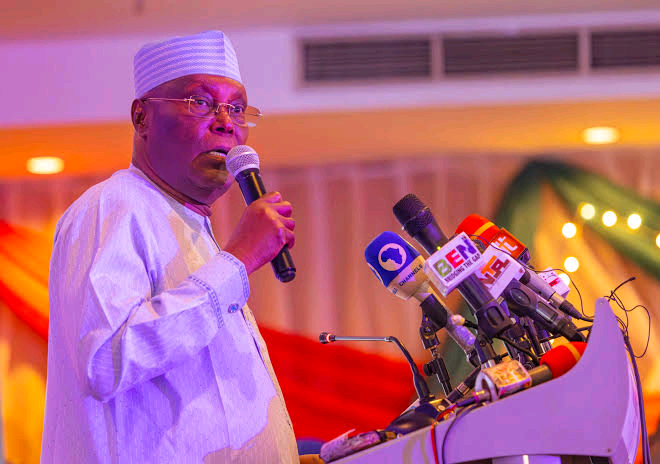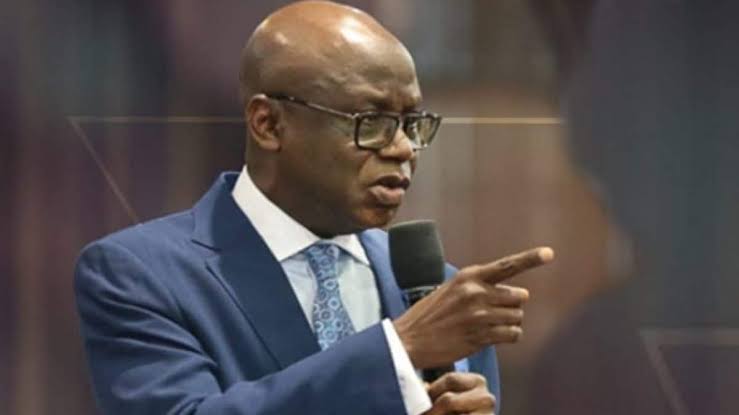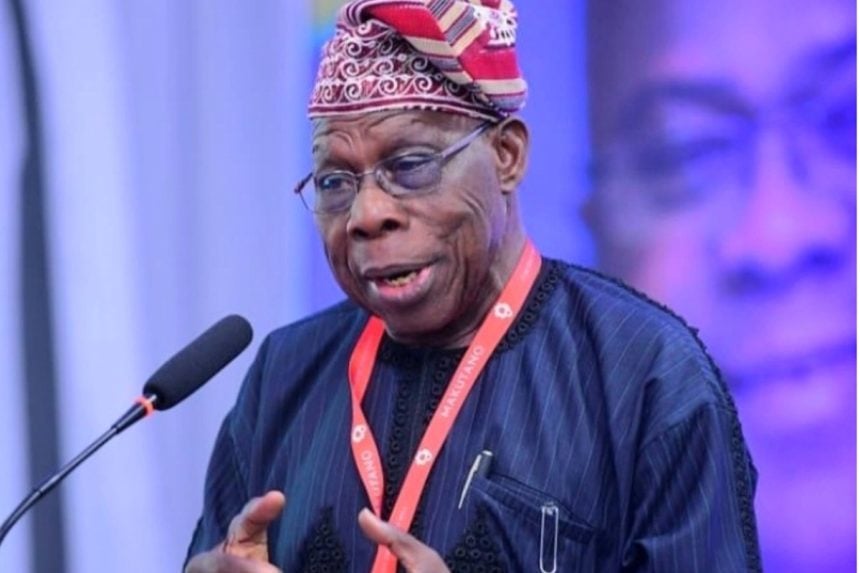Isaac Samuel
New details have emerged about the key issues expected to shape discussions at the upcoming national political summit convened by The Patriots, under the leadership of former Commonwealth Secretary General, Chief Emeka Anyaoku.
The summit aims to develop a functional and inclusive constitutional framework for Nigeria.
A draft agenda of the summit lists 34 crucial items for deliberation, pending final approval by the organisers.
These proposed issues span across core areas of governance, including structural reforms at federal, state, and local government levels, security sector reorganisation, and institutional accountability.
The summit, initially scheduled for May 27 and 28, has been postponed to June 11 and 12.
The change was informed by the need to avoid a scheduling conflict with activities marking the 26th anniversary of Nigeria’s return to civil rule on May 29.
Among the topics up for consideration are judicial procedures for handling corruption and trust-related offences, remuneration structures for legislators and public servants, electoral system reform, political party organisation, revenue sharing formula, and federal fiscal arrangements.
Other key issues include resource control and management, redefinition of concurrent legislative responsibilities, resolution of regional boundary disputes, and promotion of equal rights across federating units.
The proposal also touches on the status of the Federal Capital Territory (FCT), the composition and powers of the Federal Executive Council, presidential authority, and the creation of ethnically homogeneous states.
The document, titled “Issues to be Presented by the Secretariat for Consideration and Ratification by the Summit”, stresses that the 2025 summit provides an opportunity to present prepared issues for review and endorsement by delegates.
Accepted recommendations will form the foundation for post-summit advocacy efforts directed at the National Assembly.
It also recalls the 2014 National Conference convened by then-President Goodluck Jonathan, which addressed issues of governance, security, and national unity.
The document described that initiative as an important but incomplete attempt to reform the 1999 Constitution, which continues to face widespread criticism for its structural limitations.
Among the standout proposals is the establishment of a Technical Panel to Facilitate Constitutional Reforms in Nigeria (TPF-CRN). This body, to be constituted by the President, would oversee the process of drafting both regional and federal constitutions through a people-driven approach.
According to the draft” “The panel will facilitate the processes towards the drafting of the Regional and then the Federal Constitutions by the people of Nigeria.”
It outlines several functions for the panel, including: Supporting voluntary interaction and cooperation among linguistic and ethnic nationalities;
Guiding the aggregation of groups into socio-political units based on territory, resource control, and self-governance;
Providing secretariat and advisory support to help these units develop governing structures and draft regional constitutions;
Convening a convention of legitimate representatives from the new regions to discuss and agree on the form and content of a federal governance framework.
The ultimate goal is to present the agreed framework for ratification and enactment into a new Constitution for the Federation of Nigerian Nations (FNN). The document stresses that the outcome shall not be abridged or tampered with in whatever form.
It proposes a six-month timeline for the National Assembly to pass the new constitution, which would then be sent to state assemblies for ratification.
Upon securing majority approval, it would be subjected to a nationwide vote. If passed by a simple majority, the new constitution would become legally binding.
The document also advocates confronting Nigeria’s ethnic complexity head-on rather than viewing it as an obstacle. It proposes restructuring Nigeria into 10 states and several federal territories to reflect the identities of the country’s 360 ethnic groups:
It further critiques the existing governance structure, describing the proliferation of political offices—109 senators, 360 House members, 36 state governments and assemblies, and 774 local councils—as unsustainable and self-serving:
“The political class is merely self-serving at the expense of citizens. Nigeria is unlikely to fare well any much longer.”
The summit is expected to provide a platform for robust dialogue and chart a new course for Nigeria’s governance architecture.





